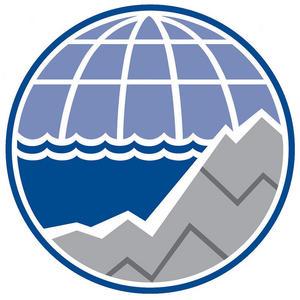NOC has been successful in gaining European funding awards to train young scientists.
Rachael James has received almost £460,000 to pay for two PhD studentships through the Marie Curie Initial Training Network, IsoNOSE (ISOtopic tools as NOvel Sensors of Earth Surface resources). This will enable young researchers to be trained in the use of novel mass-spectrometric methods to advance the understanding of the formation and transformations of the Earth’s natural resources, including soil, water and precious metals.
Maaten Furlong is to receive £228,000 as part of the Robocademy Marie Curie Initial Training Network. This award will fund an early stage researcher looking at Autonomous Underwater Vehicles navigation and will take place within a broader network of associated projects looking at unmanned robotic systems within the ocean. The Robocademy ITN aims to train the next generation of young researchers and engineers to meet the European Union’s rising demands within this expanding field.
Svetlana Jevrejeva has been awarded £332,000 under the Environment Programme, RISES-AM (Responses to coastal climate change: Innovative Strategies for high End Scenarios – Adaption and Mitigation. The research will look at ‘green’ options for managing coastal vulnerability to climate change particularly in deltas, estuaries, port cities and small islands.

